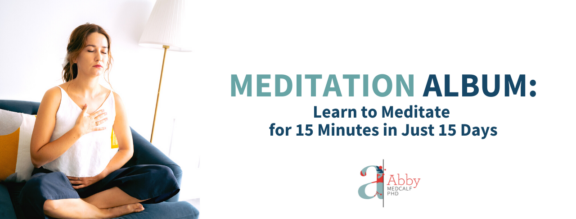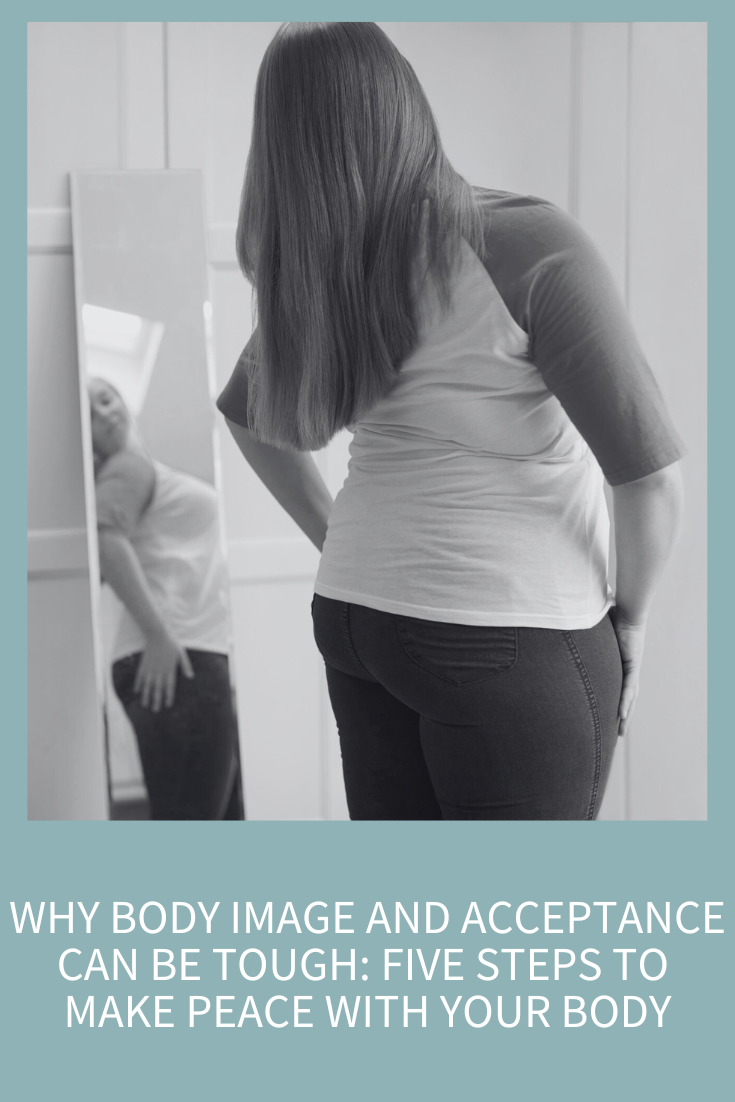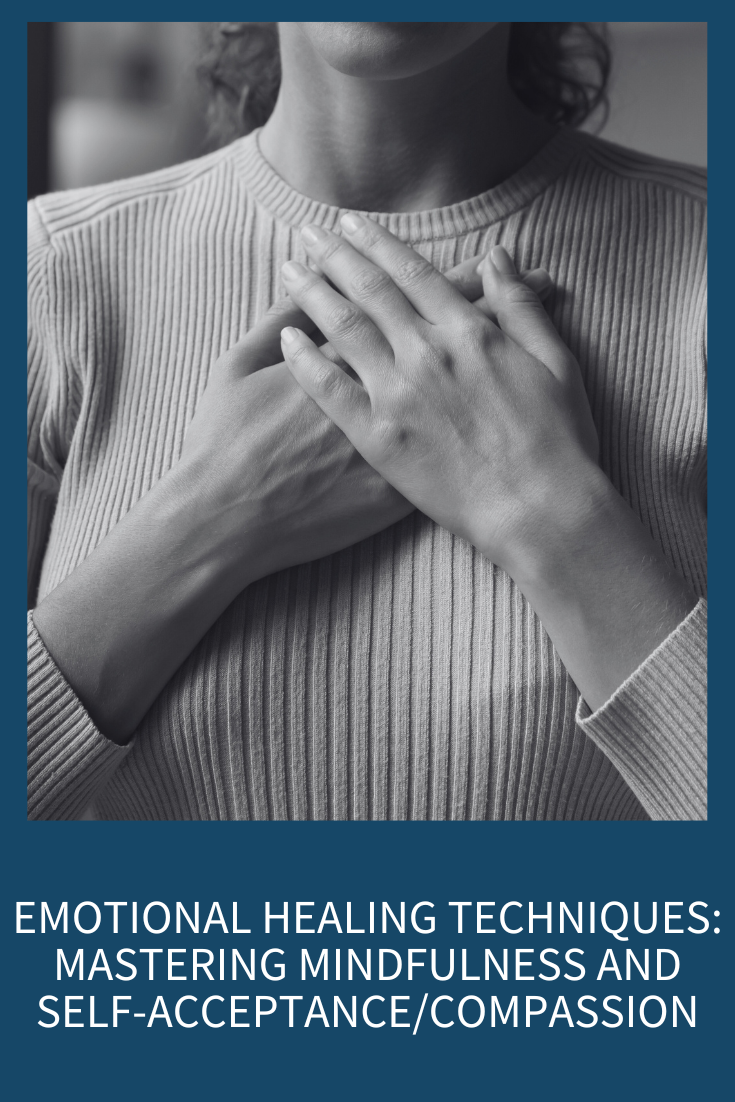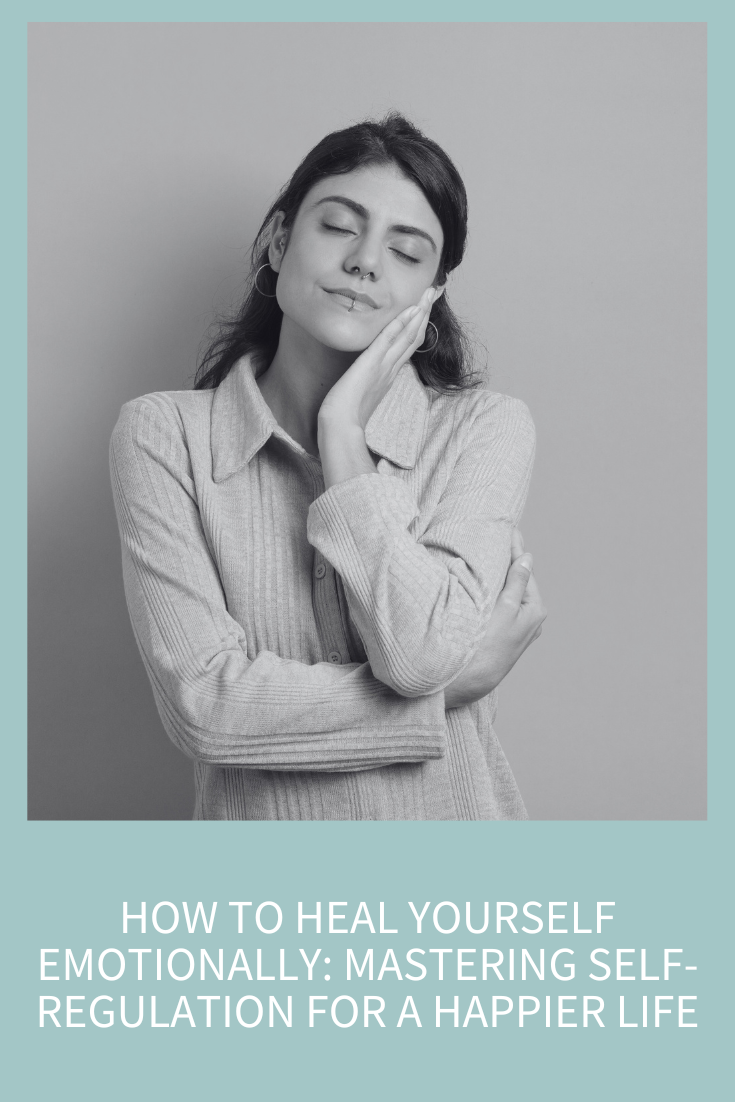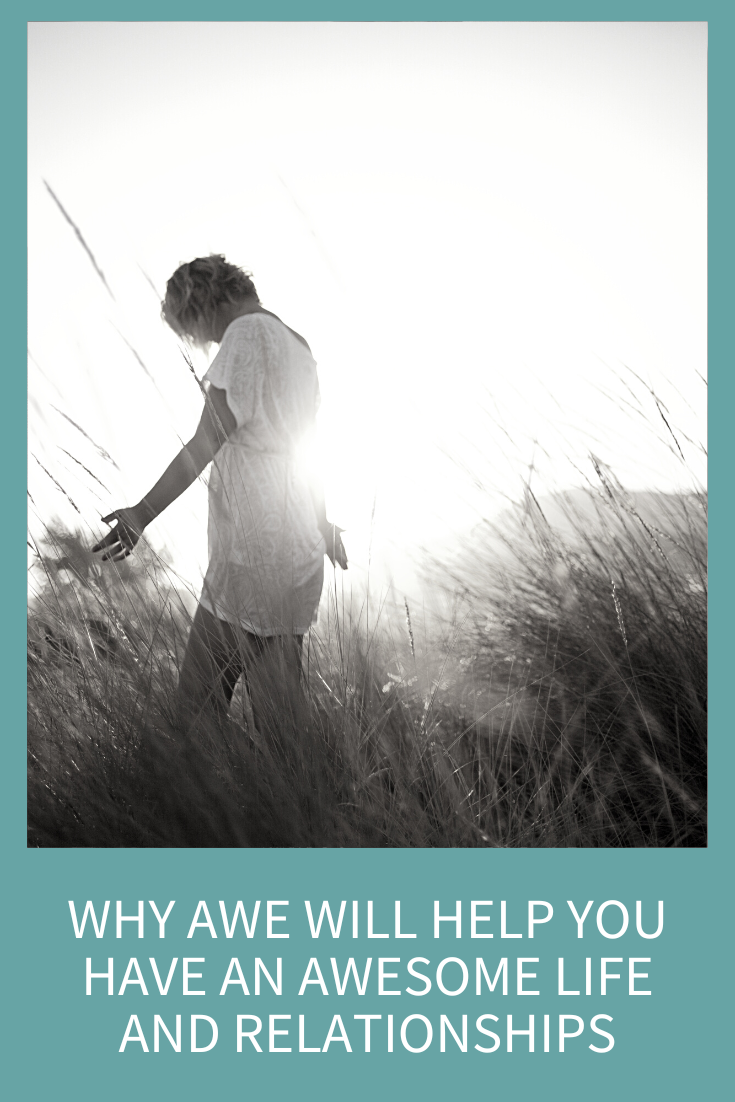
The latest research suggests that taking the time to experience awe, whether that’s rocking out to a great song, hiking to a beautiful view or having a great belly laugh with your toddler, can help you improve your relationships, decrease your stress and negative thinking, and make you calmer and happier. Today I’m going to teach you what awe really is and my top quick and easy ways to experience awe on the daily.
6-minute read
What is Awe?
In 1987 I went to Bethlehem on Christmas Eve. As my friends and I wandered through probably 100 different little services going on by about 100 different clergy members, we were offered a candle at almost every stop. We graciously accepted them not really understanding why they were being handed out. The mystery was solved when, around 11:45 that night, everyone started lighting those candles. As I looked over the town, there were thousands of people milling around with these little lights and, at midnight, everyone became quiet as people held the candles up and prayed.
As I looked around at many happy but tearful faces, I realized I was one of them. Yup, even a nice Jewish girl was in awe of this moment. Living in Israel had many moments like this: everywhere you looked was the holiest place for something or the oldest place of something else. Goose bump moments were everywhere.
Awe experiences are self-transcendent. They help us shift our attention away from ourselves and make us feel like we’re part of something greater. Even though I was Jewish, I felt connected in a big way on that day in Bethlehem, hence the awe feeling.
But awe isn’t just the big things. I’ve felt awe every time I go to a great concert, Broadway show or live sporting event. I’ve felt awe many times in the presence of my children, like the first time Macartney was able to write her name. You can get a feeling of awe looking at a plant and marveling at its structure and ability to live.
In a landmark 2003 paper, psychologists Dacher Keltner and Jonathan Haidt suggested that awe experiences contain two things: some kind of “perceived vastness” and a “need for accommodation.”
The perceived vastness is probably the easier one to understand. You know, you’ve climbed Machu Picchu, you’re looking out over the Grand Canyon or staring at the Taj Mahal. Or it could be that you’re backstage meeting Roger Daltrey (if you’re not a Who fan I’m not sure I want to speak to you) or even the president of the company you work for. It also happened for me when I started learning about Quantum Theory and mechanics – mind blown!
When something happens that changes how you see or think about the world, that’s when you get a feeling of awe. That’s what Keltner and Haidt refer to as that need for accommodation. What they’re saying is, you’ve got to accommodate or change in some way to understand or integrate this idea, person or situation.
The 9 Ways Awe Makes Your Life Awesome
The research shows that awe:
- Decreases stress levels in both the short and long term
- Decreases your internal negative chatter or critical inner voice
- Increases generosity, cooperation and kindness
- Makes you happier and more satisfied with your life and relationships overall
- Helps you think more critically and be more skeptical
- Decreases materialism and so helps with FOMO and also helps buffer against negative emotion when you lose a material possession
- Helps you feel more connected to other people and humanity as a whole; it helps bring people together
- Helps us be present and calm because when you’re feeling awe, there’s less brain activity in the areas involved with self-focus and mind-wandering
- Makes you think you have more available time
Culture and Awe
Before I jump into the ways to experience awe every day, I want to give a caveat about culture. People from many countries around the world are reading this right now and that means that, depending on your culture, your awe experiences might be different than someone from a different culture.
One study, for example, found that people in the United States, which is a more individualist culture, found awe in personal accomplishments more frequently than people from China which is a more collectivist culture. Whereas feeling awe of another person was reported more among people from China than the US.
There are also societal differences within the same country. For example, one study found that people from lower social classes experienced awe more frequently than people from higher classes. And another study comparing awe experiences among people from the United States, Malaysia, Iran, and Poland found that people from the US had the highest dispositional awe (which basically reflects individual differences in the tendency to experience awe), whereas people from Iran had the lowest.
The 13 Quick and Easy Ways to Experience Awe on the Daily
- Slow down and be mindful.
Begin practicing the powerful tool of mindfulness by downloading my free mindfulness starter kit. - Rocking out to a great song.
- Savoring or lingering on awe when it does happen will help program your brain to look for awe in more places.
- Watching a video of great athletic feats. Those top 10 lists are always awesome or listening to a podcast that blows your mind.
- Being present when someone says they love you.
- Being present when you tell your kid/partner you love them.
- Putting art or photos on your walls that feel awe-inspiring.
- Unplug as often as possible. Put down your cell phone the next time you’re standing in line at the grocery store and think about how much you appreciate the vast amount of food available to you. Or, put down your cell phone the next time you’re in line waiting for the bus and marvel at what’s around you.
- Being present in nature or doing something psychologist Jonah Paquette calls an awe walk where you go for a walk and intentionally, purposefully and consciously look for things to bring you awe like stopping to pick a rose and marveling at its color and smell.
- If you’re in a city, walk and look at architecture or marvel at all the (good) smells.
- Meditating, praying and/or being in a spiritual connection of some kind.
- Thinking about an accomplishment you’ve had that defied the odds or was especially difficult to achieve.
- Watching a thunderstorm (if that’s not scary).
Learn how to meditate for 15 minutes in just 15 days.
Final Note: the research around awe is only about 20 years old so there’s still a lot we don’t know. Having said that, a solid amount of reputable research has been done but instead of listing all the different studies, as I usually do, I’m going to link here to a white paper that was published in 2018 for the John Templeton Foundation by the Greater Good Science Center in Berkeley. If you’re interested in learning more, you can read about it in one place and see all the references and research.
Resources for Experiencing Awe
FOMO: The Real Reason You’ve Got it and How to Make It Stop
How to Make Mindfulness a Consistent Habit
How Meditation Benefits Your Relationships (and There’s an Easy Way to Learn!)
Research
The Greater Good Science Center at UC Berkeley, “The Science of Awe.” September 2018.

